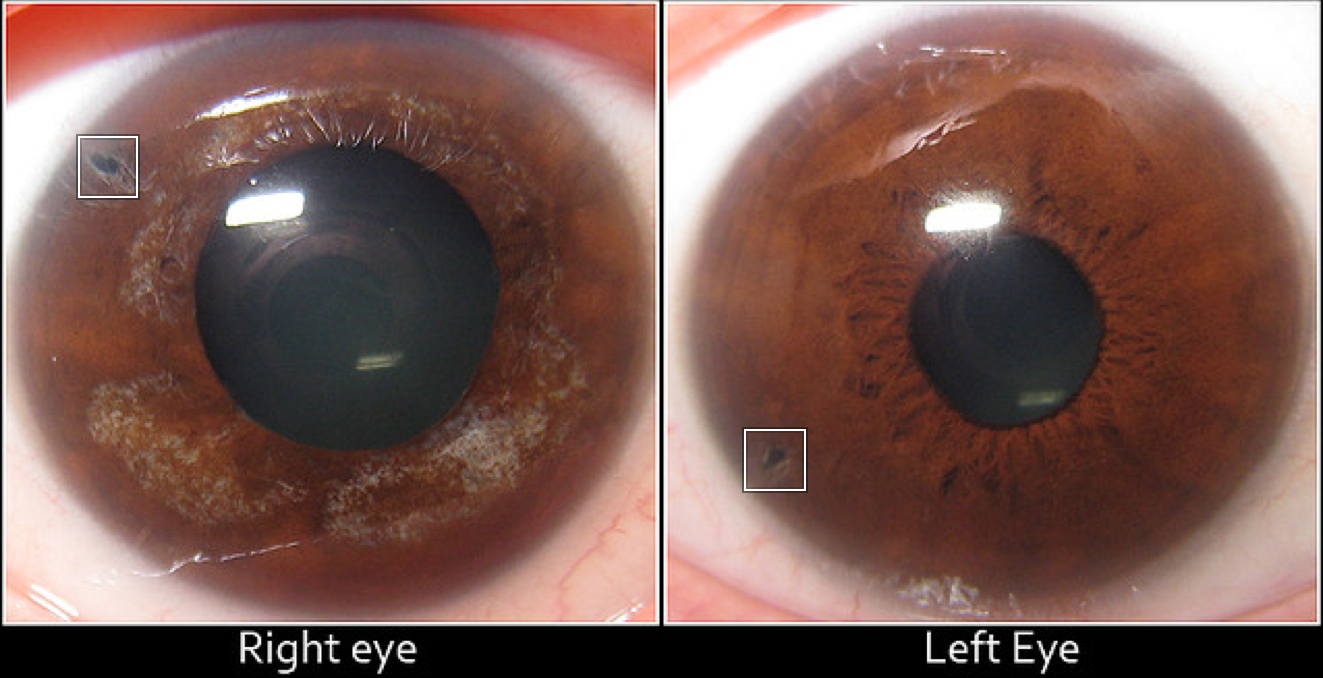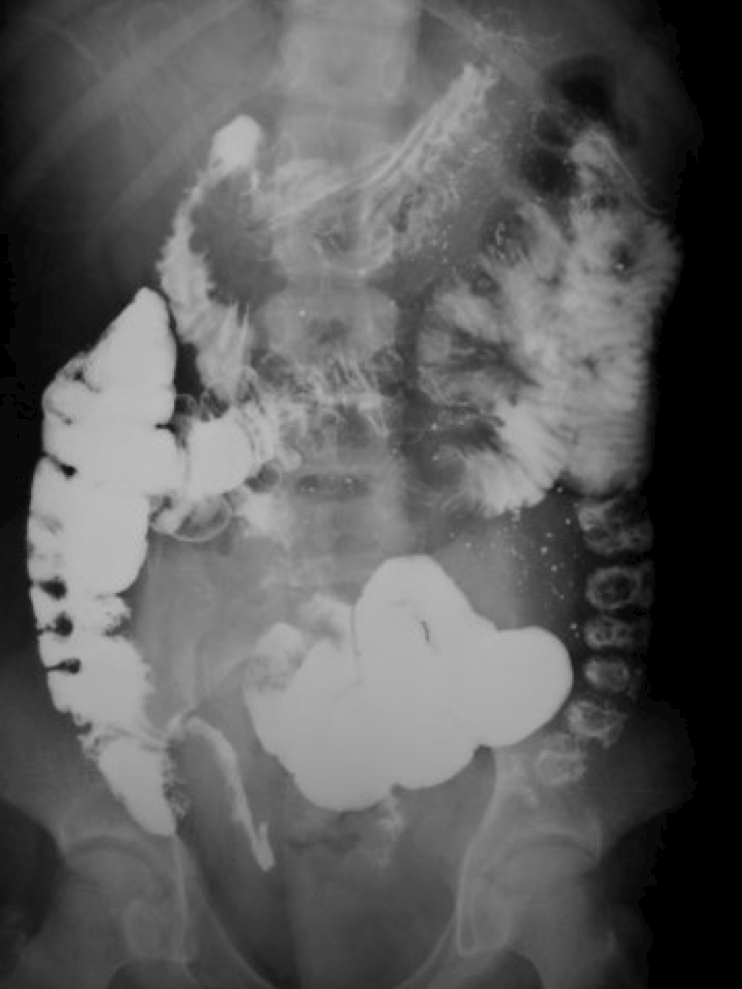|
A recent article published in the Economist entitled “Think Yourself Better” claims that all alternative medical treatments are mere placebos . . .
The article is based on the single opinion of a Dr Edzard Ernst, who retires from his 18-year professorship at Peninsula Medical School in southwest England in May. Described by the author as the world’s first professor of complementary medicine, it seems that all Dr. Ernst can say to sum up his findings is that nearly all alternative medicine -- indiscriminately lumping the entire kit and caboodle including acupuncture, herbal medicine, Ayurvedic medicine, homeopathy, crystal healing, reiki, and flower essences -- are mere placebo.
It is a well-known fact that 40 to 60 percent of medical procedures and drugs is claimed to be due to placebo. In light of this, it seems reasonable that one would prefer to “think him/herself better” with herbs, acupuncture, homeopathy, TCM or Ayurveda that has a long, sound record of safety and efficacy unmatched by invasive medical procedures and drugs that are extremely expensive with a high probability of adverse reactions.
For example, statin drugs taken to lower cholesterol cause a high number of people to develop symptoms of rhabdomyalgia, chronic acute muscle pain caused by a breakdown of muscle fibers. Instead, one might avoid such a horrible side effect by taking the Ayurvedic herb guggul or a garlic supplement. If necessary, red yeast rice lowers cholesterol with no adverse reactions.
Or, perhaps in lieu of an open heart bypass surgery, one might take hawthorn and/or arjuna herb supplement. Many of you might think I’ve taken things too far with this one. I refer you to an article by Dr. Jonathan Wright published in January 2004, reporting that Dr. Henry McIntosh, a highly respected cardiologist at Baylor University, observing the results of heart bypass surgery over the course of 15 years, said, “Despite a low operative mortality and rate of graft closure, available data in the literature do not indicate that myocardial infarctions, arrhythmias or congestive heart failure will be prevented, or that life will be prolonged in the vast majority of patients.” Similar opinion is shared by Dr. Howard H. Wayne M.D. of the Non-Invasive Heart Center in San Diego, California, and the same sentiments were reflected in an article in a July, 2008 article in Business Week Magazine entitled “Is Heart Surgery Worth It?”
Would you rather relieve back pain with acetaminophen, the OTC drug that is known to injure your already beleaguered liver, or with turmeric or willow bark which relieves inflammation and pain with no side effects? You should know thatacetaminophen drugs such as Tylenol send 56,000 people to the hospital emergency ward with a reported 458 deaths a year caused by liver failure.
Finally, did you know that correctly prescribed medical treatment and pharmaceutical drugs are the fourth leading cause of death in the U.S., with up to 106,000 deaths a year? The third leading cause is blatant medical malpractice, according to the prestigious Journal of American Medicine Association (JAMA).
I don’t want to make this an either-or, bash the medical establishment article, but when a leading magazine publishes such poorly considered schlock, I think we need to speak up for our side -- a side, by the way, that much of the medical profession is slowly coming to validate.
For the remaining unbelievers, following are a number of randomized placebo-controlled, double-blind studies for herbs, acupuncture and homeopathy that Dr. Ernst should have come across during his 18 year spot as professor of complementary medicine – but as we now know, he didn’t.
Herb studies:
Tripterygerium wilfordii, a.k.a. Thunder god vine, for rheumatoid arthritis
Buckwheat for leg edema
Lemon balm for Alzheimer's disease
Ginger for nausea in pregnancy
Celandine and angelica for IBS
Andrographis for colds and upper respiratory infections
Chinese herbs for atopic dermatitis in infants
Chamomile and fennel for infant colic (this is published in a respected and credible journal dedicated to phytotherapy research)
Chinese herbal formula Rehmannia Eight for senile dementia
Chinese herbal formula Free and Easy Wanderer for depression and bipolar disorders
Passionflower for post-operative anxiety
Common sage for Alzheimer's
Milk thistle for diabetes
Acupuncture studies:
Acupuncture helps with fibromyalgia symptoms – Mayo clinic:
Acupuncture relieves back pain – University of Maryland study
Acupuncture for the immune system study
Chinese Medicine for depression and anxiety
Homeopathy research studies:
Allergies, hay fever
Face lift bruises
Eczema and homeopathic medicine
For numerous other homeopathic research studies go to the National Center for homeopathy: http://bit.ly/lp3SaA
|
 Monday, August 1, 2011 at 11:00PM
Monday, August 1, 2011 at 11:00PM  acupuncture,
acupuncture,  childbirth,
childbirth,  episiotomy,
episiotomy,  pain,
pain,  peri-anal,
peri-anal,  perianal,
perianal,  vaginal in
vaginal in  Disorders
Disorders 
